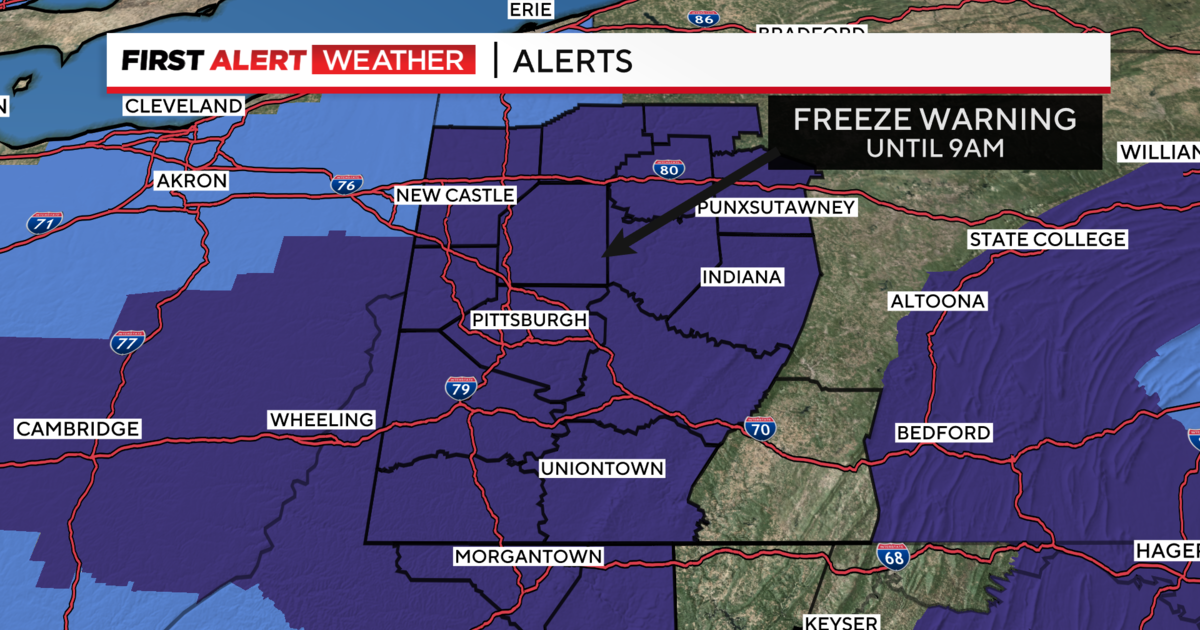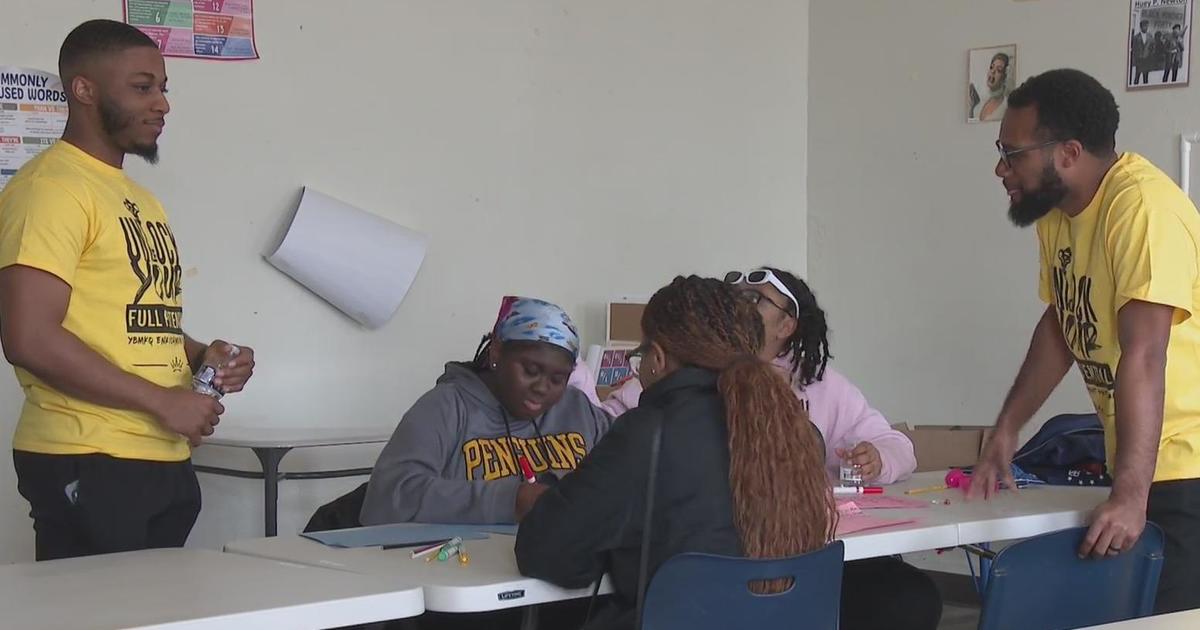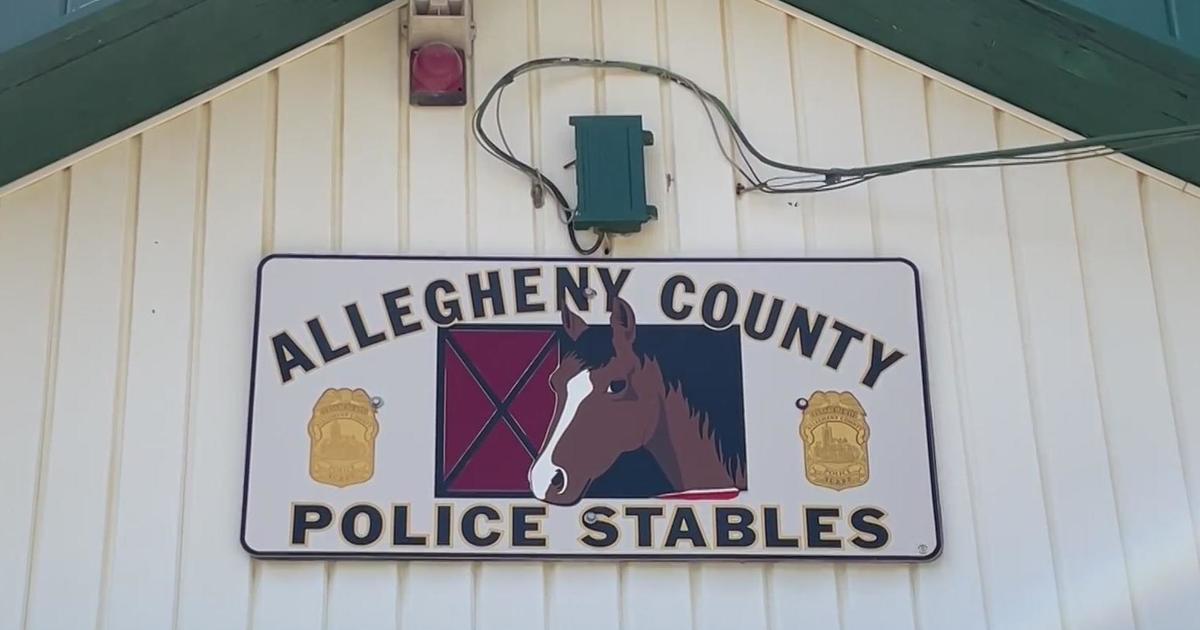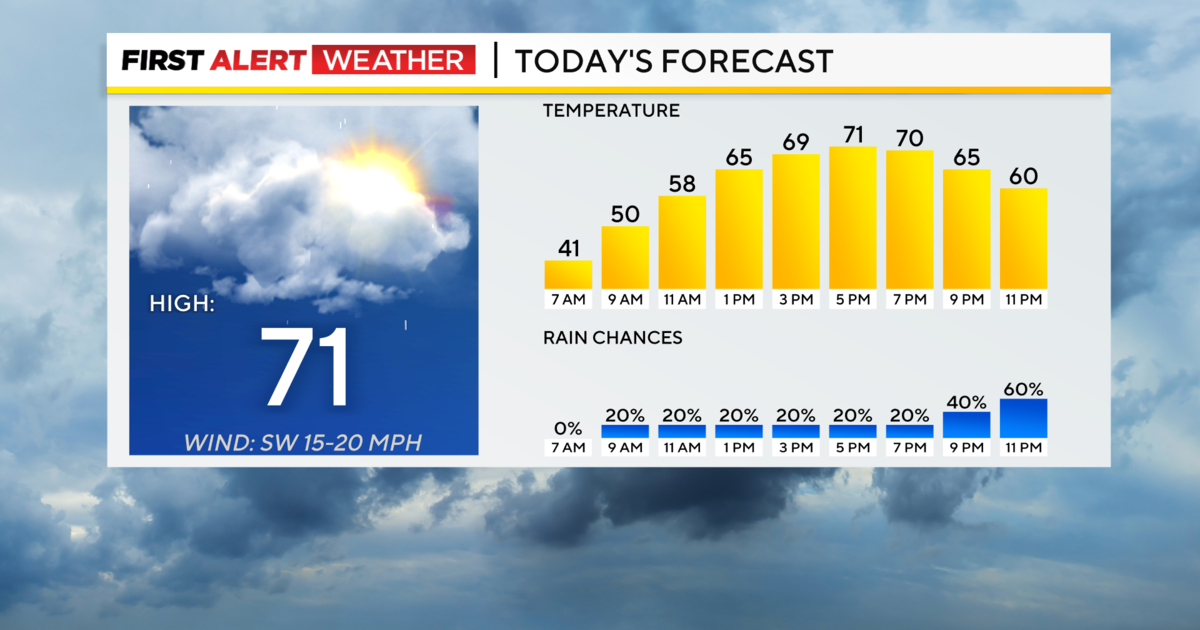Why Did Some Phones Not In The Path Of Thursday's Tornadoes Get Alerts While Others In Danger Didn't?
PITTSBURGH (KDKA) - There is nothing like the shattering alert that comes from our cell phones when the National Weather Service sends out a warning about a looming life-threatening weather event. But the last two storms on Saturday and Thursday have prompted questions about those warnings.
The phones of some people in the path of the storm never went off, while others who were not in peril did get the alert.
Pittsburgh National Weather Service Severe Weather Warning Coordinator Meteorologist Fred McMullen says they try to be careful with the alerts sent to phones.
"We don't want to alert people if they don't have to be alerted. When people see their phones go off, they say, 'oh my!' You know, we want them to take action -- 'I don't get these that often,'" McMullen says.
McMullen says the cell phone warning system is a work in progress. They are currently installing new software with the wireless carriers.
"As of July, based on the wireless industry reports, that was installed in about 32% of all the smartphones. By next year, that should be the majority of all smartphones," he says.
That explains why some people inside a warning area might not have gotten the alert. As for those who got it but were outside the warning area, McMullen says, "We draw our threat areas and then basically, you know, cell companies have different ways and how they distribute that message, and your neighbor, who could have a different cell carrier may have a different message than you." Or none at all.
Since cell phone towers know no boundaries, the alert coming from a tower may be alerting people in the path of the storm in one direction while alerting people who are not threatened in the opposite direction. McMullen says, "It's a function kind of what tower you're connected to."
The bottom line is the cell phone carriers are never going to be able to only ping the phones in the warning area, and those areas move with the storm. So overreach is going to happen, but it is getting better.
But McMullen wants you to know if you get an alert, react first, seek shelter, then try to determine if you need to stay there.



